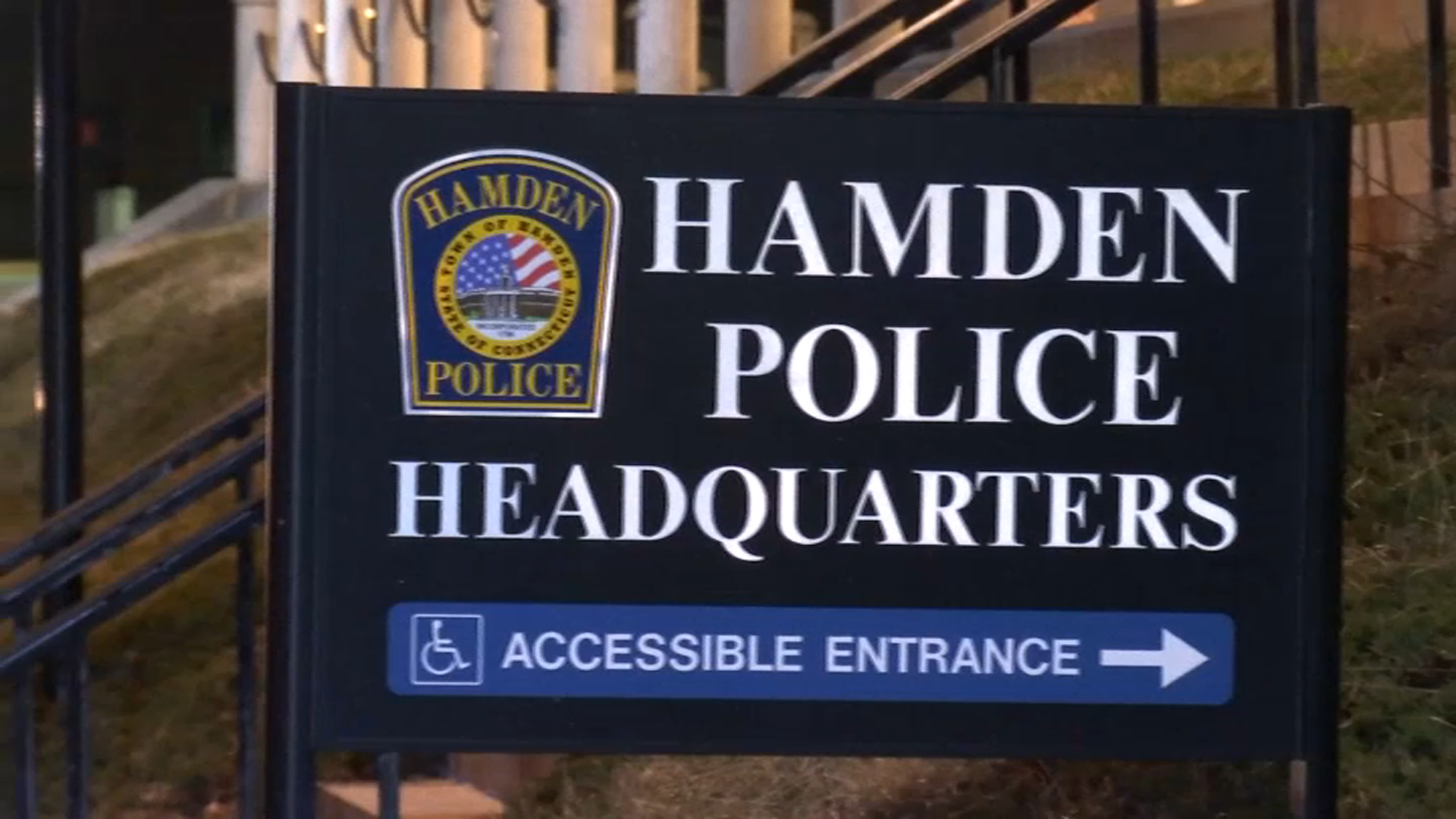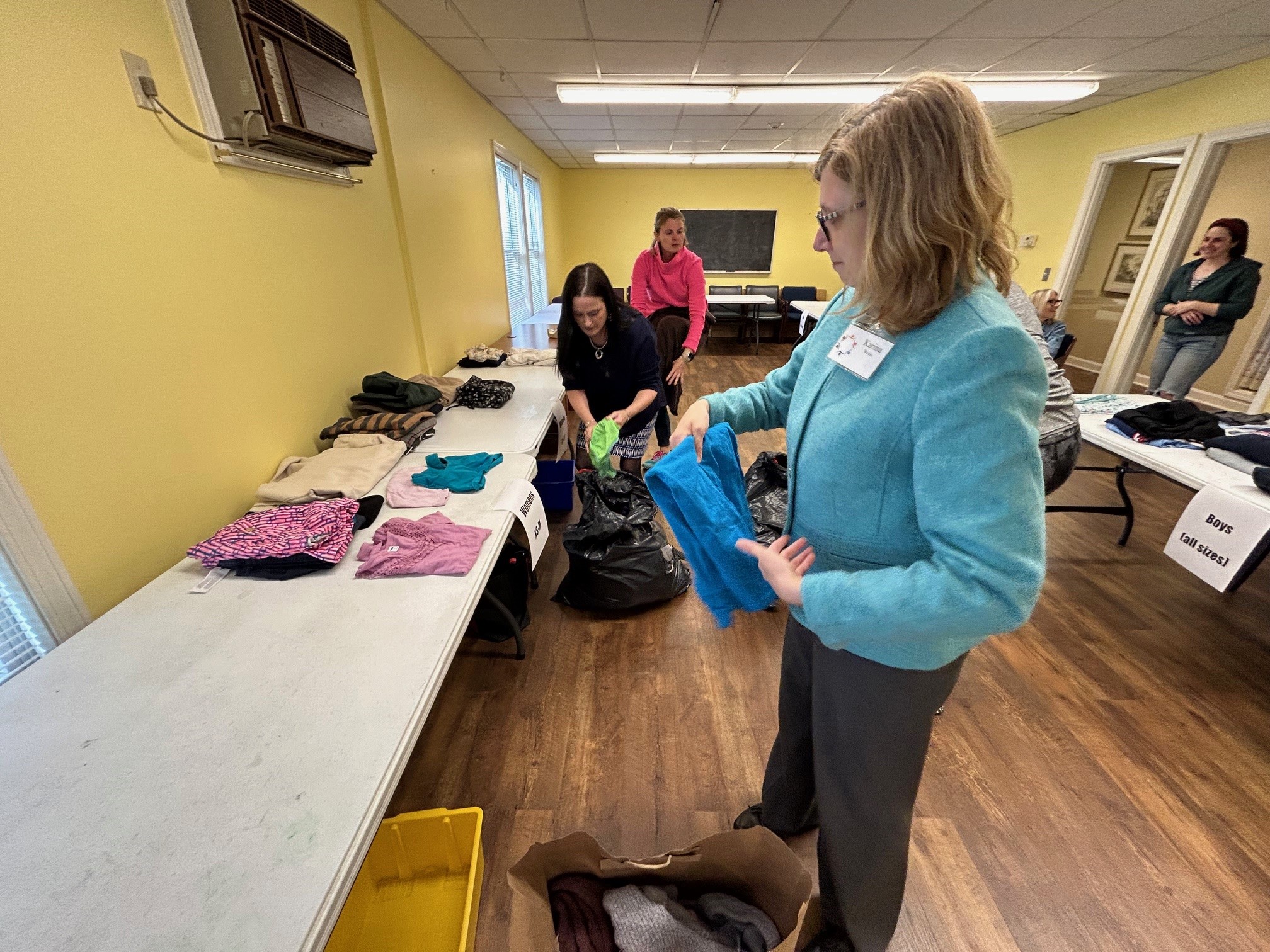Robocallers are more clever than ever, spoofing phone numbers to make it appear to come from someone familiar, including town officials.
“On my personal cell phone, I get them all the time,” said Groton’s Deputy Police Chief Paul Gately. “It’s the first six—it’s the 860 obviously—and then it’s the first three. And you figure, maybe they’re just not in my caller ID. Maybe it’s a friend or associate of mine.”
Gately’s department recently received two complaints from people saying they received calls appearing to come from the Town of Groton when they were not. Reports indicate callers asked for personal information, which is the first red flag.
“That’s information that the town would never look for,” said Gately. “We would never solicit.”
Depending on how callers solicit, those on the receiving end have legal rights.
The Federal Communications Commission (FCC) prohibits spoofed calls that have the intent to defraud, cause harm or wrongly obtain anything of value.
It's illegal if someone lies in an effort to sell something or retrieve personal information.
Local
The FCC recently proposed two separate fines totaling more than $200 million against individuals who spoofed their numbers to sell health insurance or vacation packages.
People who mask themselves as a legitimate company, specifically target vulnerable consumers, including the elderly and low-income families.
“If you’re getting phone calls from a number that comes up as (a) company and people are asking you for personal identifiable information, that’s a red flag,” said Gately.
The easiest thing to do for consumers to do when receiving a call from an unrecognizable number is to ignore it.
For those who do answer, Gately warns against giving out personal data and in the event of a spoofed call, file a complaint with the FCC.



